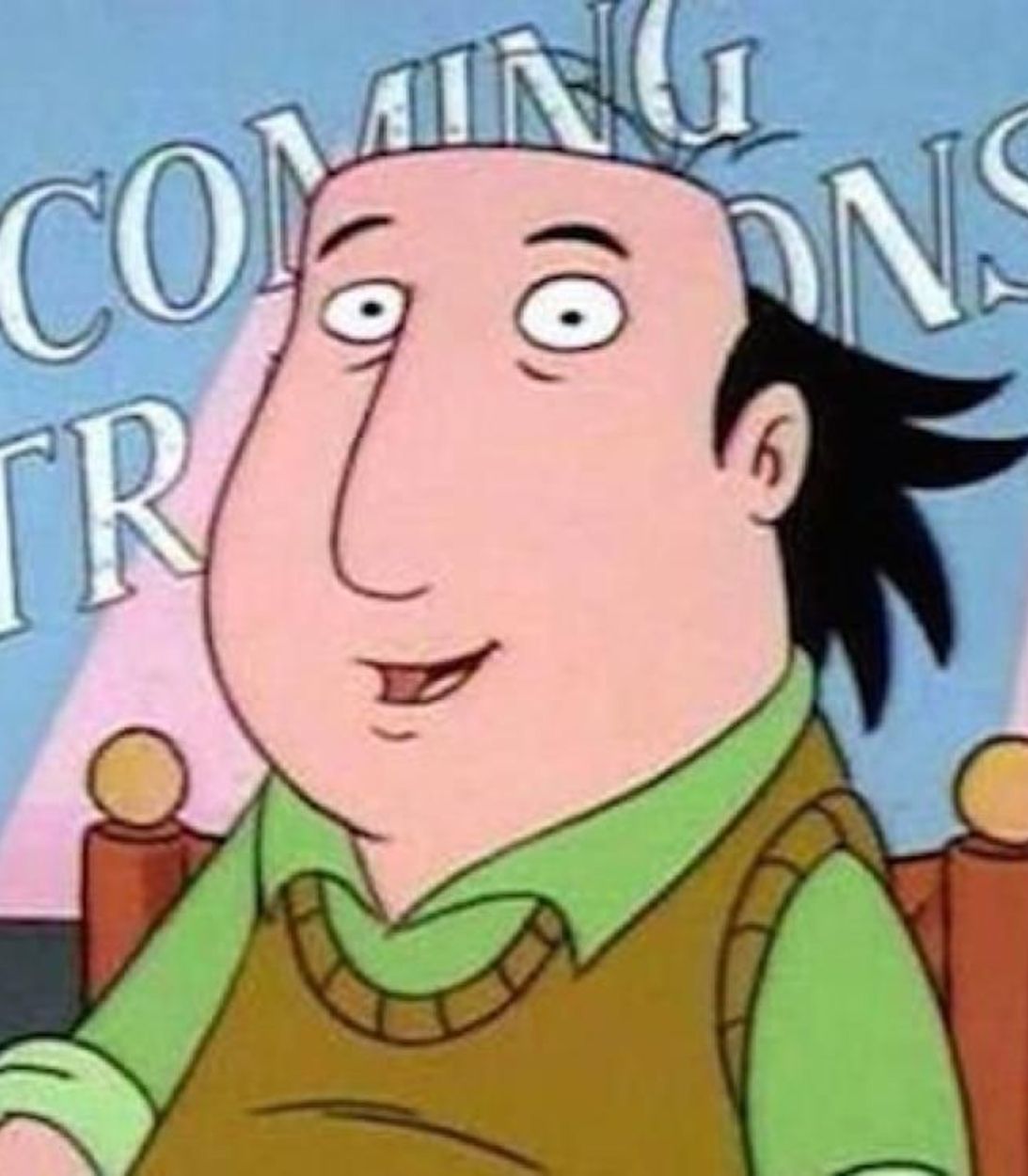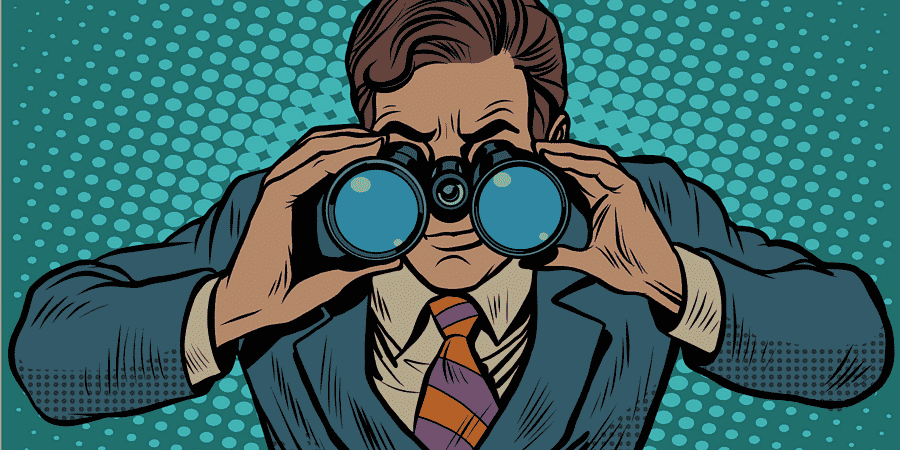Reactions to Nintendo's Dilemma
What do people think?
In the ever-changing world of digital media and fan culture, few things ignite as much passion and disagreement as Nintendo's copyright and intellectual property policies. As one of the most prominent and important players in the gaming industry, Nintendo's policies on intellectual property protection have far-reaching consequences, prompting a wide range of emotions from fans, critics, and observers. Most reactions from people are frustrated and disappointed by what they see as a strict, greedy, and stubborn approach that halts creativity and hinders the very community that drives Nintendo's success. Exploring these many views provides an intriguing look into the complicated relationship between business and fan culture.
Fan Reactions
Starting off, let's talk about the people that give the most reactions to any of Nintendo's decisions, the Nintendo fans themselves. Now keep in mind, there are several different types of Nintendo fans, there are the casuals, people that just play Nintendo games for fun, and usually don't follow any news that arises. Then there are the more hardcore Nintendo fans. These fans tend to follow everything that Nintendo does, may it be game or console releases, events, and of course, controversies. So, keep in mind, this section is mainly revolved around the hardcore fans.
Now, what do these hardcore fans think about Nintendo's past and recent decisions? Well, it is safe to say that most of them tend to disapprove Nintendo's actions, especially when it comes to the competitive gaming scene. If you read my last post, you will remember that I talked about the whole SWT, or Smash World Tour situation. To sum it up quickly, Nintendo used IP and copyright laws in order to take down a fan created competitive Super Smash Bros. scene. This caused many fans to be in an uproar which caused Nintendo to quickly make a PR response to the situation a few days later, which only caused more uproar. Examples of this uproar can be found around multiple different platforms online, for example YouTube.
The video above is a video the initial cancellation of the SWT and is a great insight into the situation as a whole. Popular YouTuber, and competitive Super Smash Bros. player, Hungrybox goes into detail of the cancellation and his disappointment with the decision to do so by Nintendo. The thumbnail image does a good job displaying the disappointment him and many other fans felt that week. And with a quote such as, "to no one's surprise, when there is usually drama rampant in the Smash scene, in some ways Nintendo is usually involved", you can tell that him and many other fans alike are used to and sick of the constant legal meddling by Nintendo.
Critic Reactions
When it comes to critics, they tend to be the harshest when it comes to Nintendo's copyright actions. Though despite being the harshest, it is clear that most of them aren't as invested in these situations as the actual Nintendo fans. Critics when talking about Nintendo often argue that the company's actions are too strict and lack competence. They believe that Nintendo's strategy halts creativity among the fan community and prevents the creation of innovation projects that may otherwise enhance gaming experiences. They also argue that halting or taking down said projects can potentially harm the amount of potential exposure the company gets.
This argument was a lot more prevalent a few years ago with Nintendo copyright striking several YouTube videos for just using Nintendo game footage or music. As a result, many popular content creators refused to make any videos of Nintendo products, so they didn't risk potential copyright issues. With that came less and less exposure of Nintendo and its products on the platform. Such thing happened to YouTuber, DeoxysPrime, a semi-large content creator that posts a ton of video game music for people to listen to. After getting contacted by Nintendo and having over 500 copyright claims on videos containing Nintendo game music, they would remove all Nintendo content from their channel. They would later make a public statement as well as give many critiques towards the company in interviews to articles, in them they would state, "It’s frustrating but as I’ve said before it’s ultimately their choice to have their music blocked on the platform". This quote throws shade towards the idea that Nintendo is seemingly killing all exposure they have on the YouTube platform. Proving lots of critics correct in their assumptions and views towards Nintendo and their copyright actions.
Observer/Outsider Reactions
Casual observers of Nintendo's copyright enforcement frequently highlight the company's persistent dedication to preserving its intellectual property rights. They accept Nintendo's legal right to protect its copyrights and trademarks from illegal use or dissemination. For example, a user on X, username, @Black_D_Gamer1, believes that as a game creator you should "make your own original IP".
While some observers applaud Nintendo for protecting the integrity of its brands and avoiding distortion of its renowned properties, others are concerned about the impact of its enforcement efforts on fan creativity and community involvement. Many analysts underline the importance of a balanced strategy that respects Nintendo's intellectual property rights as well as fans' creative contributions. They argue that Nintendo may benefit from pursuing more collaborative techniques that encourage innovation and fan excitement while adhering to its legal commitments to preserve its intellectual property. Which funny enough is the same suggestion I called for in my last post.
Overall, you can see that most observers tend to be more on Nintendo's side. They respect the legal system and Nintendo's authority to use it as they wish, although some are not completely against the idea of Nintendo working with fans in collaborative efforts, to help encourage creativity and a better community.
Who do I side with?
To keep it brief and simple, I personally agree a bit with all of these different views. For example, I personally as a fan myself can agree that I tend to get sick of hearing Nintendo constantly shutting down fan passion projects since I would love to see those succeed. Though I also can agree with critics. I know Nintendo basically blocking themselves out of big rising platforms is a dumb thing to do, morally and business wise, which is most likely why they have been slowly stopping those actions in particular. Then for casual observers of Nintendo's antics, I can agree that yes, Nintendo does have their legal right to do whatever they want with their properties. So, in a way, I'm a mixed bag, a mess you could say, but that's just how I feel.



It's easy to empathize with fans who are disappointed by Nintendos actions when the fan-made games are original, to some extent, and are filled with passion. Although it is hard to completely ignore Nintendo's side because they are within their rights. Your mixed stance reflects the issues complication. Finding a solution that respects both Nintendo's legal rights and the contributions of the fanbase may result in a better relationship, but with Nintendo having almost all the legal power in this situation, is that even possible?
ReplyDeleteIt is possible if Nintendo makes it possible, like you mentioned they are the one's with all the legal power. The fans really don't have a say in any of this, the most they can do is boycott stuff, but that has proven not to do much in the past.
DeleteAs I explore the diverse reactions to Nintendo's copyright stance, I find myself nodding along with various perspectives. From the passionate outcry of hardcore fans feeling thwarted to the pointed criticisms of industry analysts, each viewpoint brings valuable insights to the table. Yet, I also recognize the importance of legal protection for intellectual property and the need for a balanced approach that fosters creativity while respecting Nintendo's rights.
ReplyDeleteSo, I'm left pondering: How can Nintendo strike a balance between protecting its IPs and nurturing fan creativity?
Really they need to stop regulating stuff so strictly, a little leniency can go a long way.
Delete